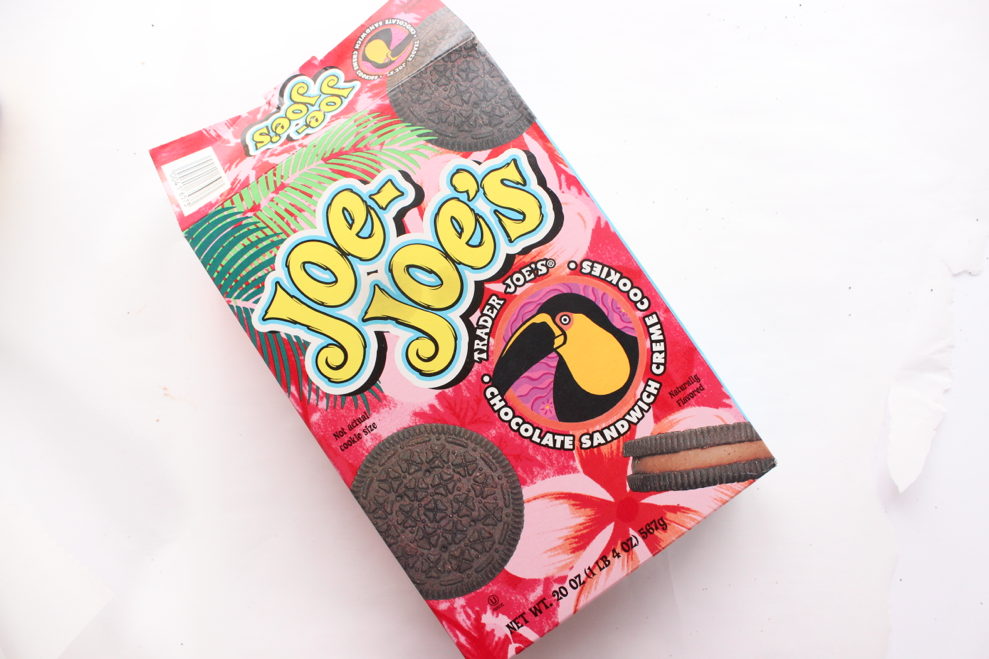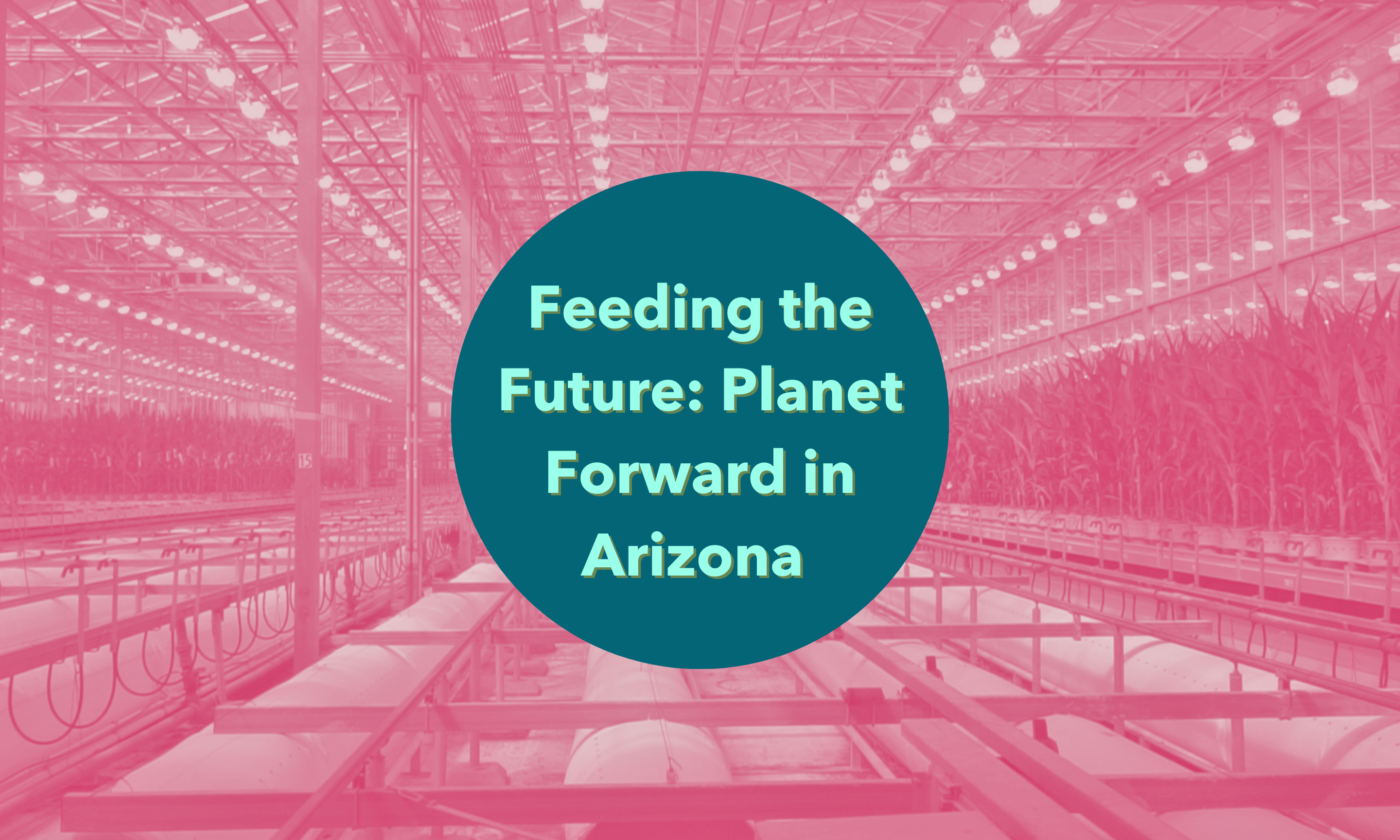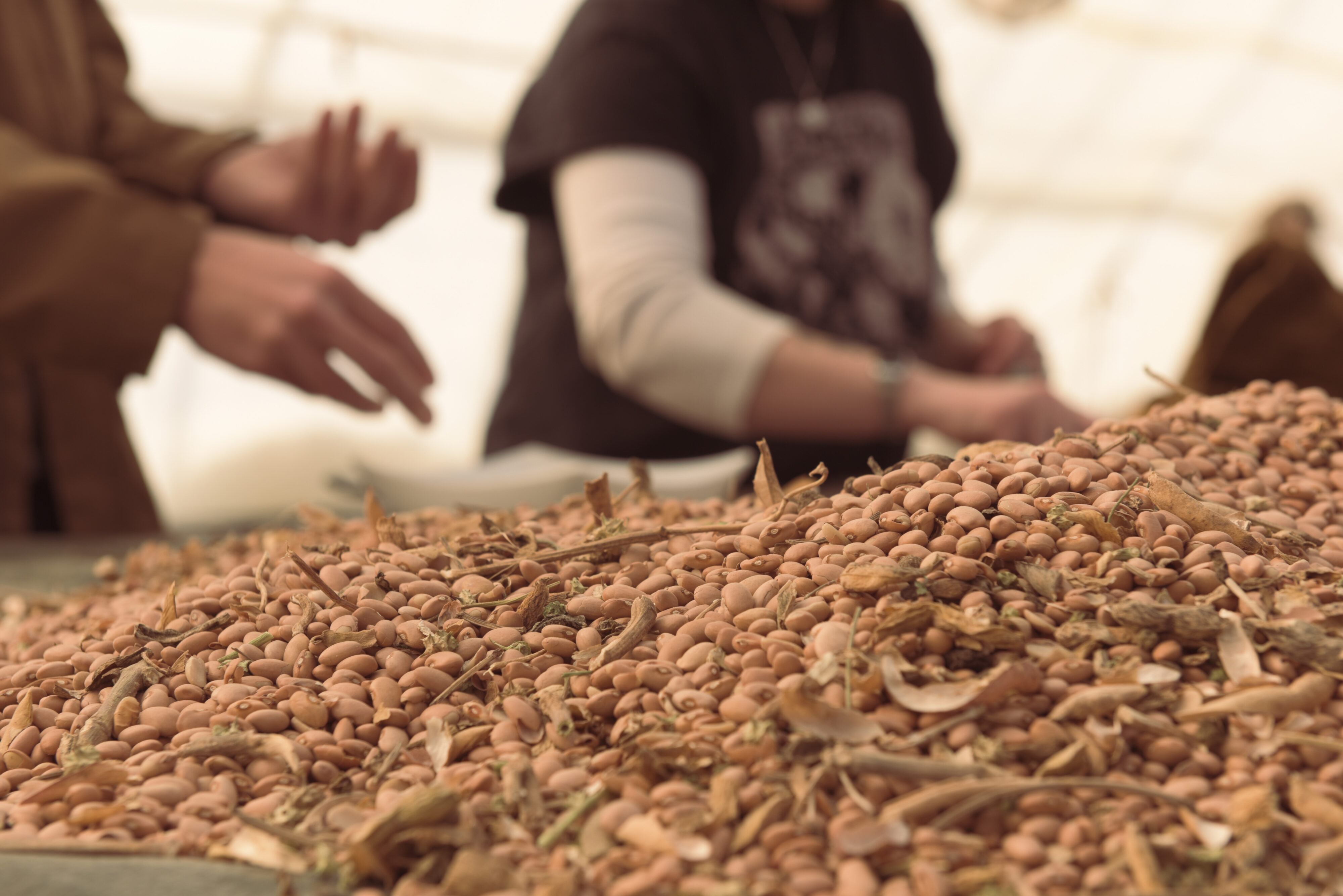
Trader Joe’s: How America’s favorite grocery store fights food waste

Trader Joe’s: Known for their cookie butter, Hawaiian shirts, and ability to transform the typically mundane chore of grocery shopping into an enjoyable experience. But beyond their quirky fun aesthetic and fun-to-try products, there’s another, important reason to admire your favorite grocery chain: Trader Joe’s is fighting food waste in a major way.
How Trader Joe’s fights food waste
Food waste is a major global issue. In the United States alone, its estimated that up to 40% of food produced ends up in the garbage. The negative impacts are multifold: Not only are there many hungry people in need of said food, but throwing away food is also major waste of resources required for food production and transportation. Furthermore, food that ends up in landfills contributes to greenhouse gas emissions, contributing to climate change.
As a commitment to managing their environmental impact while helping their local store communities, Trader Joe’s has one of the most impressive food waste management programs among grocery store chains in the country.
Working with Feeding America, the long-standing food donation program starts in the store. Each day, items that are set to expire the next day are pulled from the shelves, scanned, properly stored, and make their way to a local food pantry or food recovery program. That means 100% of food that is “not fit for sale but safe for consumption” is donated. This includes items like day-of expiring foods, dented cereal boxes, cartons of eggs that may have a single cracked egg, and pieces of misshapen produce.
The process
The food donation process, like all things Trader Joe’s, is thoughtfully run, and executed with a smile. Each and every Trader Joe’s store has a donation coordinator, who oversees food handling within the store, as well as delivery to local food pantries and food recovery programs. Every crew member shares the responsibility of pulling products they see unfit for sale, scanning them for inventory reasons, and storing them according to temperature.
Stores further separate food items by type to make it easier for pantries to organize what they receive. Employees have also been known to visit food banks to see if anything else can be done to improve or streamline the process.
The operation runs seven days a week, most days of the year (aside from major holidays during which Trader Joe’s is closed). While it would be easier, and faster, to toss most of these products in the trash as opposed to track, store, and ensure their delivery, the grocer’s commitment to the program has made an impressive impact: In 2017 alone, the grocery store chain donated 70 million pounds of food, worth nearly $350 million. According to Feeding America, that’s nearly 58 million meals.
So why doesn’t every store donate their food?
Trader Joe’s is able to write off the donation as a tax break — making it a win-win situation for everyone involved — which begs the question: Why don’t all grocery stores donate their food?
Turns out, there are a couple reasons. First, many mistakenly believe the process to be a liability: that if people get sick from the donated food, the company will be held responsible and be subject to legal action. But that actually isn’t true. In 1996, Congress passed the Bill Emerson Good Samaritan Food Donation Act, which protects companies who donate food in good faith from civil or criminal liability.
Many stores also don’t wish to bother with the logistics of the process. Donating food requires tracking and properly store donations, and ensuring they make their way to a reputable food bank. This requires a significant amount of time and effort, and not every store has the staff, space, or desire to maintain a donation program.
Some stores just may not know how to go about it. Only 12 states have established guidelines for food donations. A lack of proper guidance or information may deter many willing grocers from participating.
What we can learn from Trader Joe’s
Trader Joe’s impressive food donation program is inspiring, and something many regular shoppers aren’t even aware of. Spreading the word and asking about donation programs in your local stores could spark conversations into meaningful food recovery programs like the one at Trader Joe’s.
And, their program is a wonderful reminder that strangely shaped produce, day-of expiring goods, and less-than-beautiful boxes are still perfectly safe forms of nourishment. And that’s something we can all raise a spoonful of cookie butter to.














.jpg)







